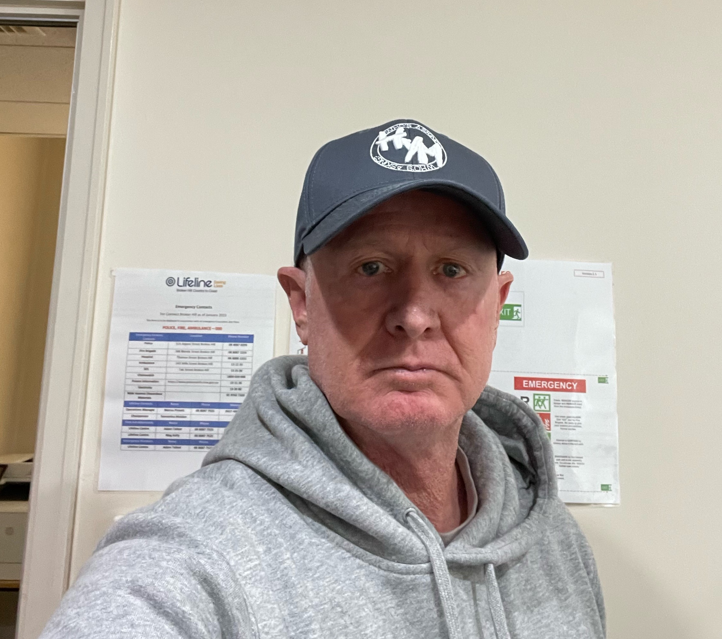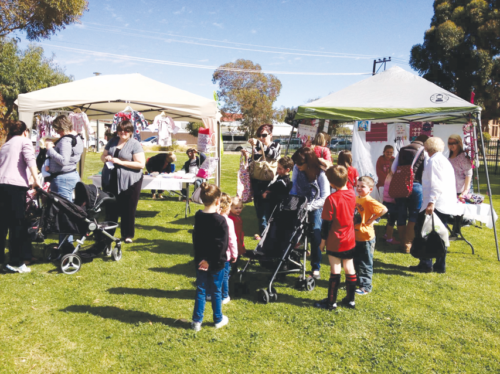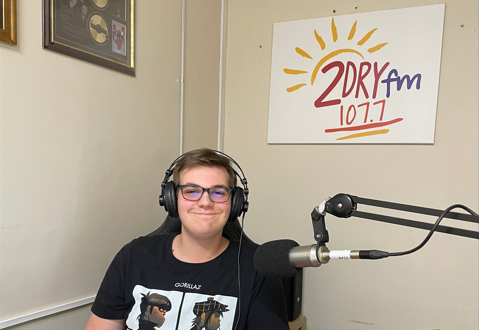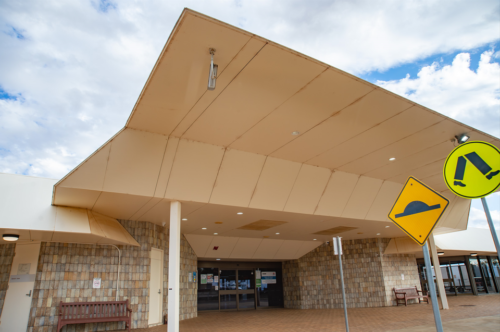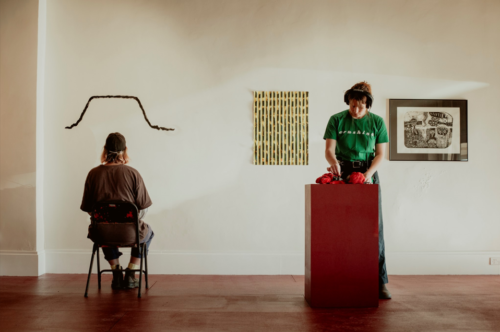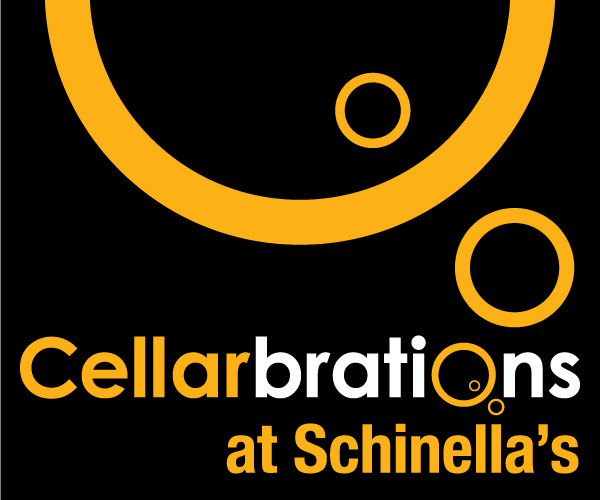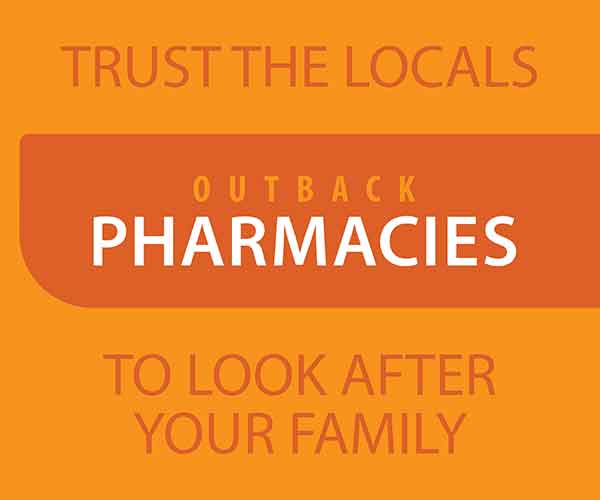Tales of discarded syringes blighting the Broken Hill CBD have been much aired over the past few months, with the city’s council even closing public toilets during certain hours to protect cleaners from what they say are threats from some users.
There have been many calls for action – some for comprehensive changes to help addicts recover, right through to the ‘lock the junkies up’ train of thought.
Andrew House, an educator and support worker with Lifeline, has lived experience of the depths of addiction but now has 38 years of sobriety to his name, and he says he wants some more compassion added to the discussion.
“I picked up my first drug, which was alcohol when I was nearly 15, pretty much from 15 to 22. I used every drug under the sun. I was chronically addicted to substances,” Mr House told us.
It was his eighth visit to a rehab facility that finally broke the cycle, back in 1985, and ever since he has dedicated his career to helping others recover from addiction.
“It was a very productive rehab. We learnt a lot of skills and were empowered through peer group support to meet responsibilities, achieve things, and grow as a person.
“My focus since my recovery is about recovering, not just stopping using. It is about what you do when you put the drug down. How you piece your life back together?”
Mr House has pieced his life together by becoming a fierce advocate for helping drug users recover from their addictions. On top of that he tries to help society understand the issues and break the stigma that surrounds addicts.
“There’s definitely a stigma that exists. And I think that it might be systemic. So, if we change the system, perhaps we can change the outcome.
“But systemic change is hard and sometimes people, I mean broader society, are not willing to buy into that.”
A big change we could make he says, is to understand the root cause of the issues. That, combined with more efficient and better support systems for people struggling with addiction could make a world of difference, not just for users, but for society as well, he says.
“I think it’s important the needle exchange program is maintained. Removing the needle exchange program is almost like saying ‘let’s remove medical care for people who have alcohol problems’.
“There’s a bias towards a certain drug user simply because of the way they ingest the drug. It seems to be like it’s worse than if someone sitting at a bar pouring 25 beers down there, like putting that drug through their mouth versus putting that drug through their vein, when, in reality, both are examples of unhealthy drug use.”
Mr House makes an impassioned call for education of governing bodies and community members to shift paradigms and remove the stigma associated with addiction, while also highlighting the importance of addressing underlying issues that contribute to addiction.
“The attitude of ‘let’s kick these people out, or ‘let’s get rid of these needle exchange programs’ is not helping anybody.
“It comes down to education. Whether it is stakeholders, councillors or just your average joe on the street, we need to change attitudes and have more compassion and support these people who are struggling with addiction because they’re part of our community.
“We need to create the conditions for support so these people can get the support they need.”
If you or somebody you know is suffering from addiction and needs help, contact Alcohol and Drug Information Service (ADIS) on 1800 250 015.


